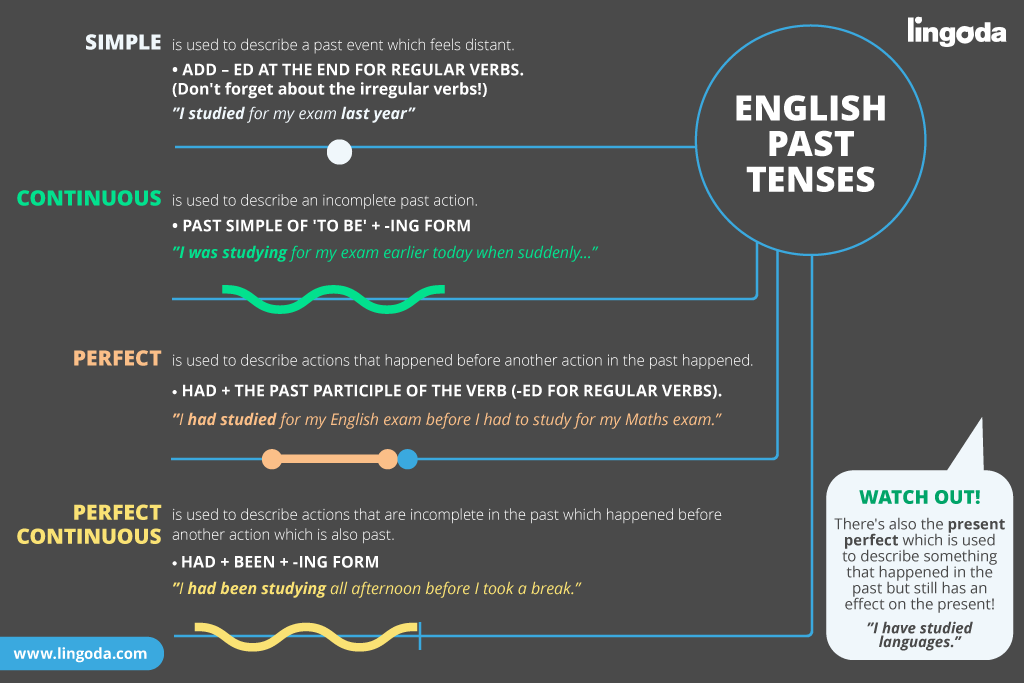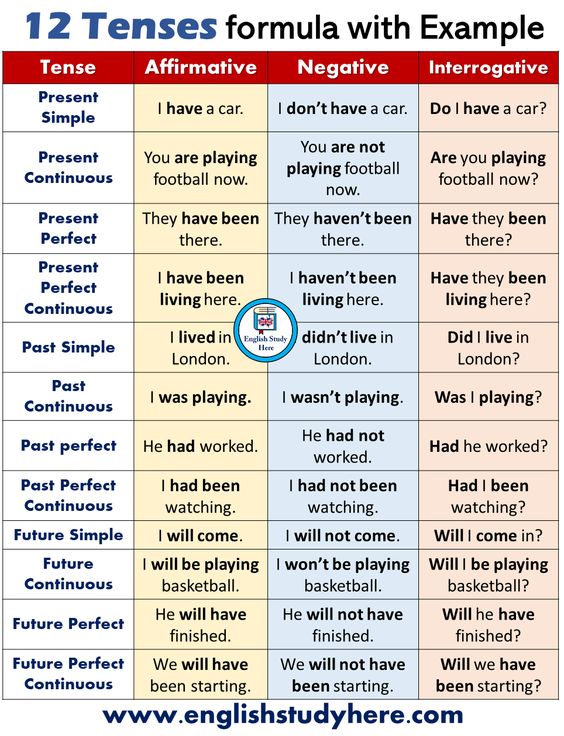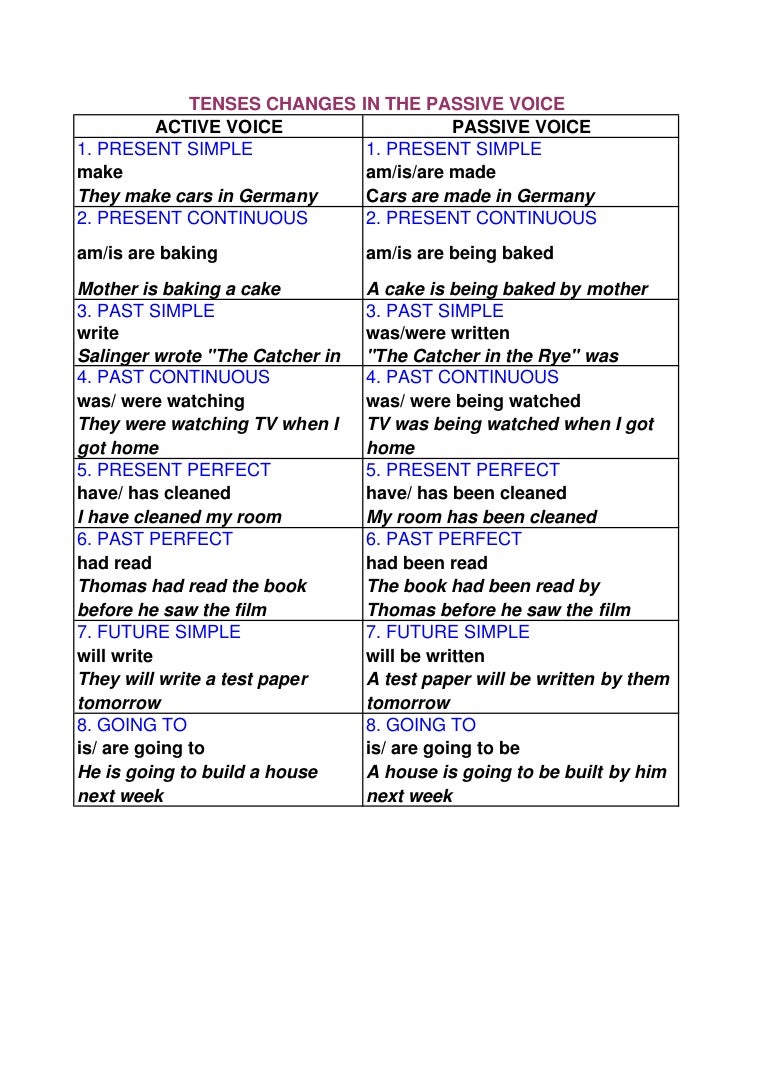English Verb Tenses - Collin College


English tenses

ENGLISH TENSES – 12 TENSE REVIEW - The language corner – News
The Of All 12 Verb Tenses in English - Past, Present and Future Verb
These are called helping, or. Verb tenses can be difficult to learn in a foreign language. Various cultures believe different methods about time. Chinese, for example, has no grammatical verb tenses. Other languages, like Indonesian, reveal time just through adverbs there are no modifications to the verb type. English verb tenses give numerous details about time and action such as: Is the action ended up? For how long did the action occur? Was the action repeated? Did the action take place at a recognized or unknown time? Is the action a habit? Is the action prepared or? It is hard to consider time that do not exist in your own language.
Let's get going. We are going to offer examples of all 12 verb tenses using the verb drive. We'll start with the easy tenses. These are probably the first tenses you learned in English. Basic tenses typically describe a single action. In basic, easy tenses reveal realities and scenarios that existed in the past, exist in the present, or will exist in the future.

Revise the 12 English TensesLearn English for free!PurlandTraining.com
Simple past: I drove home yesterday. Basic future: I will drive house later on. Let's go on to the progressive tenses. We use progressive tenses to speak about unfinished occasions. Progressive tenses are likewise called constant tenses. Past progressive: I was driving when you called. Present progressive: I am driving now.
Now let's look at the best tenses. Perfect tenses cause the most confusion. To put it just, they express the concept that a person event occurs prior to another event. There are lots of difficult exceptions with the perfect tenses, which we will go over in a future episode. The adverbs never, yet and already prevail in perfect tenses.
Grammatical tense - Wikipedia for Dummies
Past best: I had currently driven that road in the past. Found Here : I will have driven 200 miles by tomorrow. Finally, let's take a look at the best progressive tenses. Normally, ideal progressive tenses reveal duration, or for how long? Perfect progressive tenses usually include the adverbs for or considering that. Present ideal progressive: I have been driving considering that today.

Future best progressive: I will have been driving for 5 hours by the time I get here. Do not fret if you do not understand whatever yet. Here are some recommendations we have for finding out verb tenses. First, think of adverbs as your good friends. Adverbs of time offer valuable clues about the appropriate verb tense.
